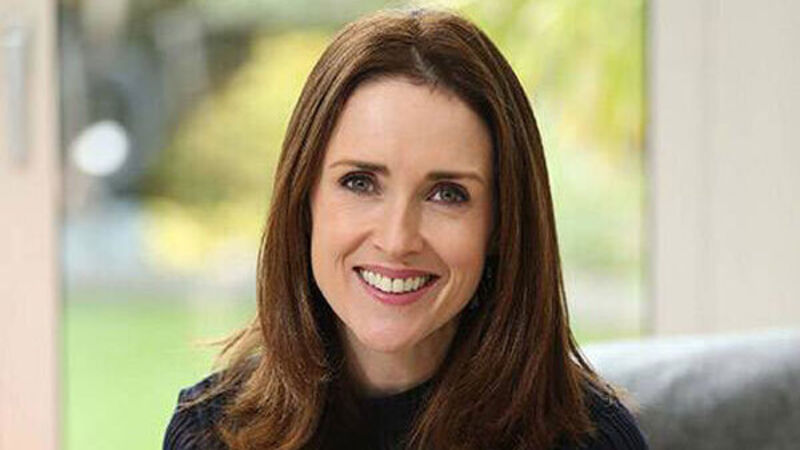Maia Dunphy gives her best 'parenting advice'

Stepping out of the rain and into Dublin’s Drury Buildings last week, the trendy loft space was abuzz with assorted media mums gathered to meet broadcaster Maia Dunphy and discuss the results of Sudocrem’s Today’s Mum report.
Some are pregnant, others have babies in tow, but all are surprised when, asked what advice she would offer one expectant mum, Dunphy replies, “None”.









